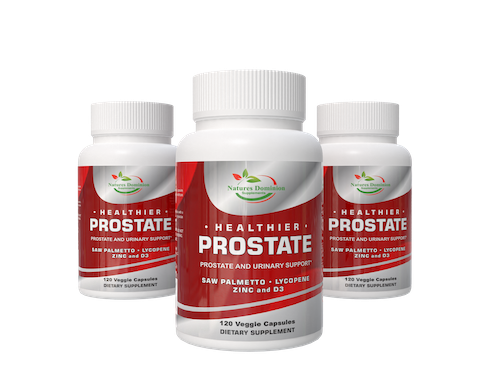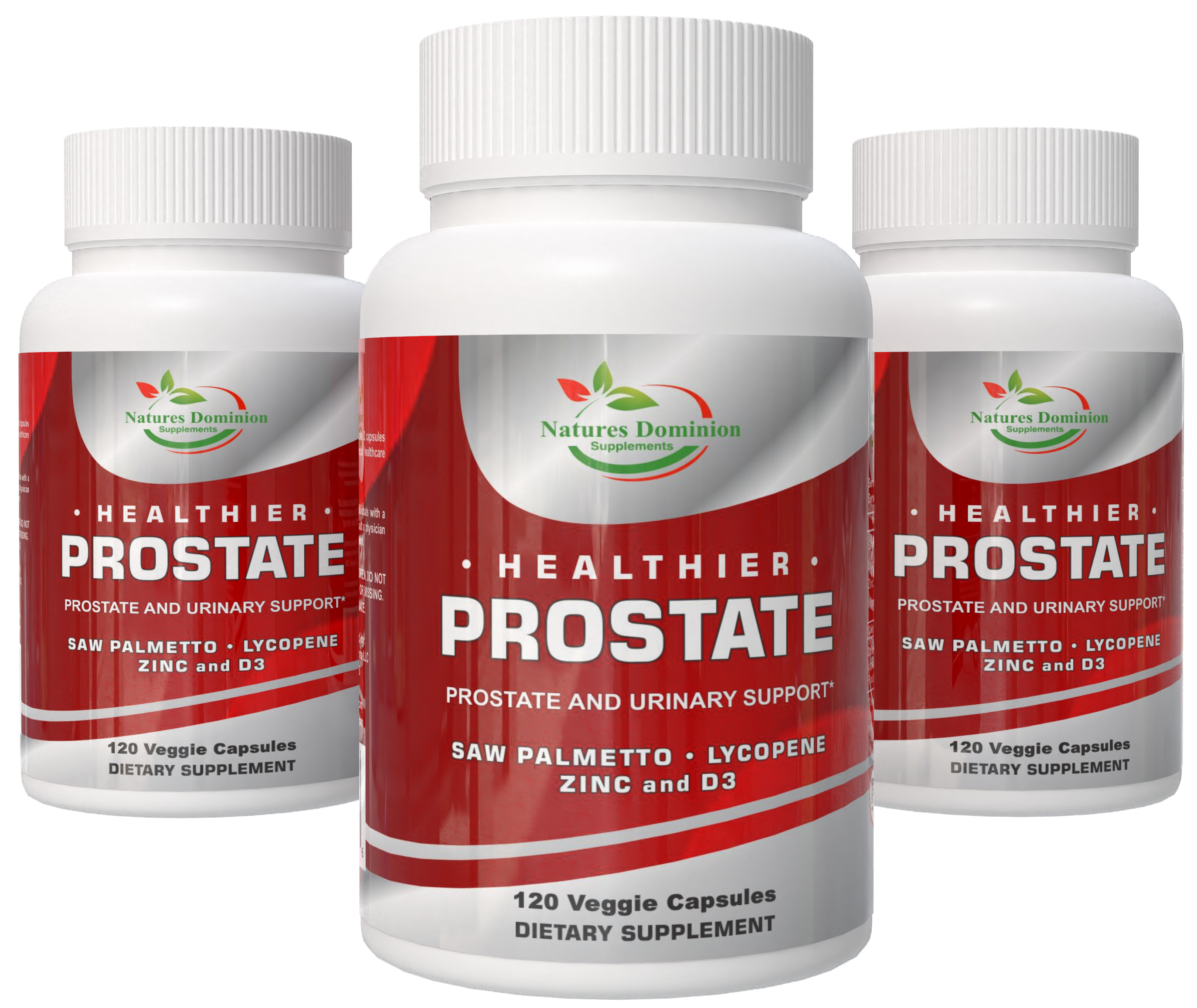Can lycopene lower blood pressure?
Yes, lycopene, a powerful antioxidant found in tomatoes and other red fruits and vegetables, has been shown to have a potential role in lowering blood pressure. Studies suggest that lycopene can improve vascular function and reduce oxidative stress, both of which can contribute to lower blood pressure.
Lycopene is thought to help relax blood vessels and improve the function of the endothelium (the lining of blood vessels), which can lead to a reduction in both systolic and diastolic blood pressure. Some research indicates that the regular consumption of lycopene-rich foods or supplements may lead to a modest reduction in blood pressure, particularly in people with hypertension.
However, while these findings are promising, lycopene should be considered as part of a broader approach to managing blood pressure, including diet, exercise, and medication as prescribed by a healthcare provider.
Can lycopene lower blood sugar?
Lycopene has been studied primarily for its antioxidant properties and its potential effects on heart health, including blood pressure. Its impact on blood sugar levels is less well-established, but there is some evidence to suggest that lycopene might have a positive effect on blood sugar regulation.
Some studies have indicated that lycopene may help improve insulin sensitivity, which could lead to better blood sugar control. Insulin sensitivity is crucial for the body’s ability to use glucose effectively. By reducing oxidative stress and inflammation, lycopene could potentially support the maintenance of normal blood sugar levels.
However, the evidence is not as robust as it is for other dietary components, like fiber or certain polyphenols, in lowering blood sugar. Lycopene should not be relied upon as a primary treatment for blood sugar management, but it may be a beneficial component of a balanced diet aimed at supporting overall metabolic health.
If you’re considering lycopene for blood sugar management, it’s important to discuss it with a healthcare provider, especially if you have diabetes or other metabolic conditions.
Is lycopene goor for hypertension?
Lycopene has gained attention for its potential benefits in managing hypertension (high blood pressure). Here’s how lycopene may be beneficial for hypertension:
Mechanisms of Action:
- Antioxidant Properties: Lycopene is a powerful antioxidant, which means it can neutralize free radicals in the body. This reduction in oxidative stress helps protect the cardiovascular system, including blood vessels, from damage that can contribute to high blood pressure.
- Improvement in Endothelial Function: The endothelium is the inner lining of blood vessels, and its proper function is crucial for regulating blood pressure. Lycopene may enhance endothelial function, helping blood vessels relax and dilate, which can lower blood pressure.
- Reduction of Inflammation: Chronic inflammation is a contributing factor to hypertension. Lycopene’s anti-inflammatory properties may help reduce inflammation in the cardiovascular system, further aiding in blood pressure reduction.
- Inhibition of Angiotensin-Converting Enzyme (ACE): Some studies suggest that lycopene might inhibit ACE, an enzyme that constricts blood vessels and increases blood pressure. By inhibiting ACE, lycopene may help lower blood pressure.
Clinical Evidence:
- Studies and Meta-Analyses: Several studies and meta-analyses have shown that lycopene supplementation can lead to a modest but statistically significant reduction in both systolic and diastolic blood pressure, particularly in individuals with hypertension.
- Dosage: The beneficial effects on blood pressure have been observed with lycopene intakes ranging from about 10 to 15 mg per day. This amount can be achieved through diet (e.g., tomatoes, watermelon, pink grapefruit) or supplements.
Dietary Sources:
- Tomatoes and Tomato Products: Lycopene is most abundant in tomatoes, particularly in cooked or processed forms like tomato paste, sauce, and juice.
- Other Sources: Watermelon, pink grapefruit, and guava are other good sources of lycopene.
Considerations:
While lycopene can be part of a healthy diet to help manage blood pressure, it should be used alongside other lifestyle interventions like a balanced diet (e.g., the DASH diet), regular exercise, and medication if prescribed by a healthcare provider.
Consulting with a healthcare professional before starting any supplementation is advisable, especially if you have existing health conditions or are taking medications for hypertension.




